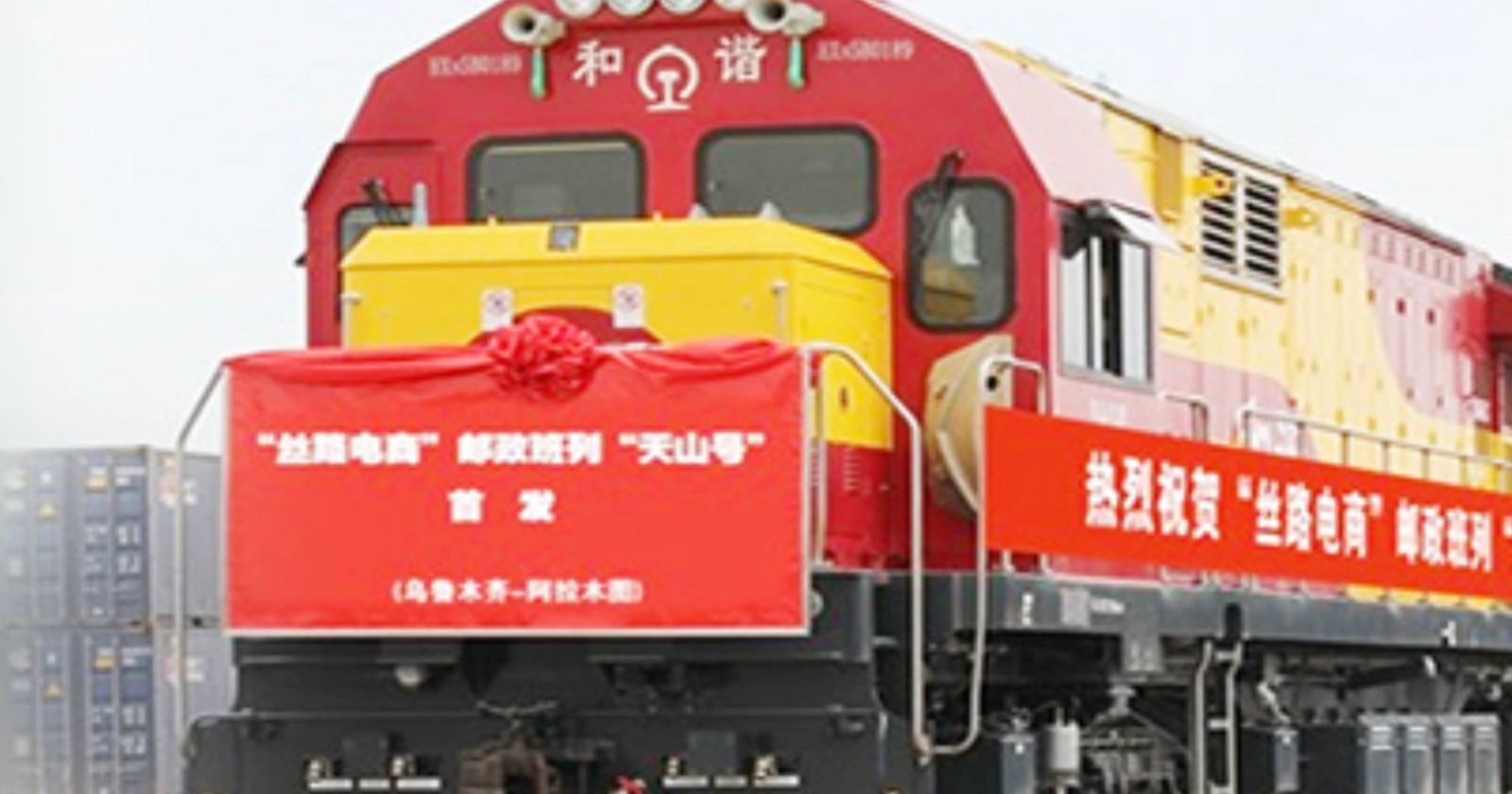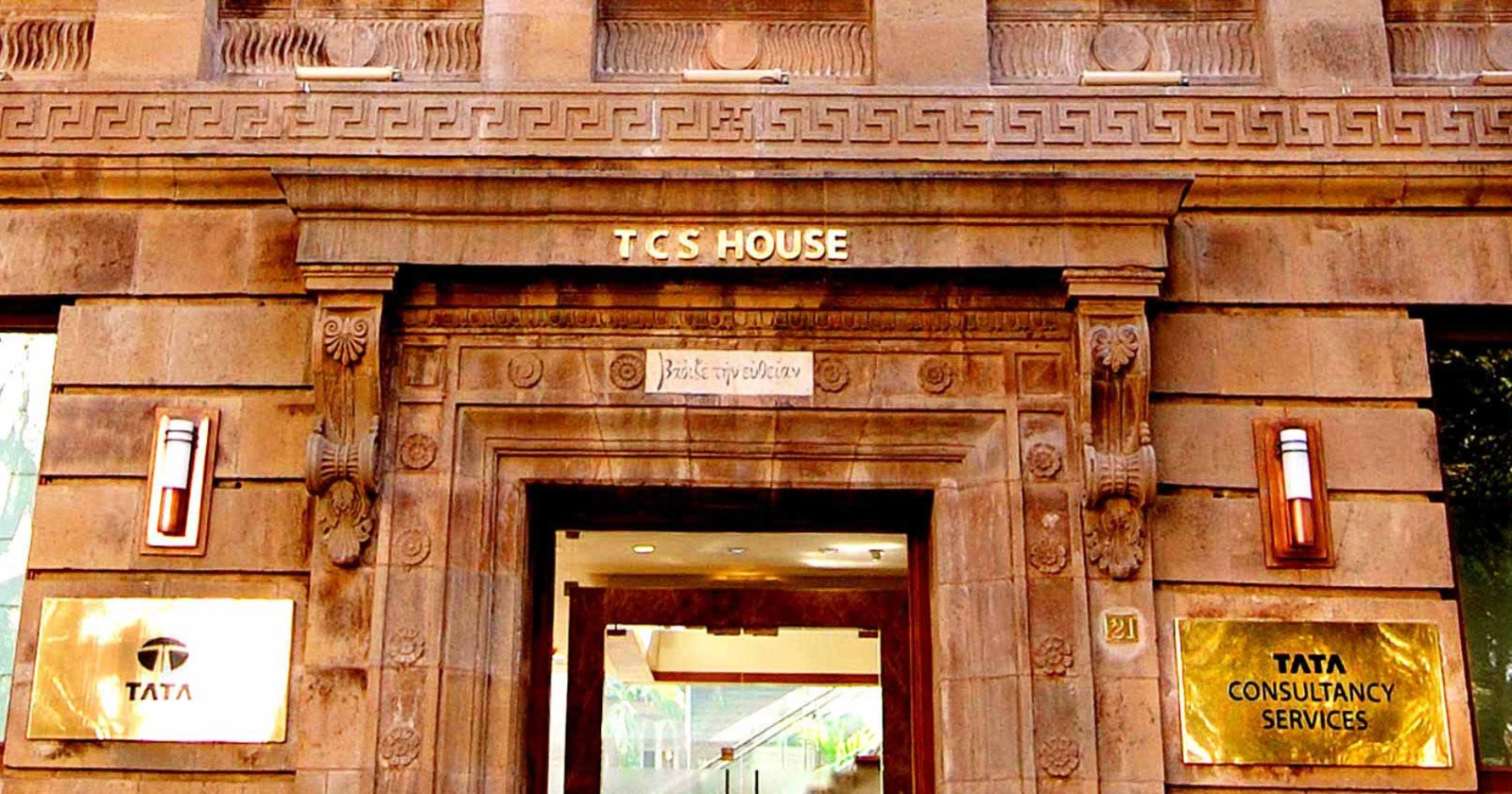Companies With the Most Employees: 2025 Ranking of the Largest Employers
Updated on
Published on

If you’re mapping true global scale, the companies with the most employees are dominated by big-box retail, state-owned utilities, hyperscale platforms and rapidly scaling manufacturers. Below you’ll find a concise and true rundown of the largest employers with the latest disclosed headcounts and a the main reason they matter—each entry tied to a primary, checkable source so you can absorb our infromation with confidence.
Methodology
We restricted the ranking to official headcounts disclosed by the companies themselves in SEC filings, annual reports or investor pages; for Chinese SOEs where English annuals are sparse, we used Fortune Global 500 profiles or WEF organization pages that cite company-provided numbers. As-of dates are noted in source documents (most are FY2024 year-end or mid-2025). Franchise labour and third-party contractors are excluded unless a company explicitly includes them. When two sources differed, we selected the company’s own filing or the most recent Tier-1 profile and kept figures conservative.
Walmart
Walmart remains the world’s largest employer with about 2.1 million associates worldwide, per its FY2025 annual report and proxy; roughly 1.6 million are in the U.S., underscoring the retailer’s unique scale in stores, e-commerce fulfilment and supply chain. It is the modern reference point whenever people ask about companies with the most employees in the private sector. Walmart Inc.

State Grid Corporation of China
China’s state power utility reports about 1.72 million employees serving more than a billion people across 26 provinces—an industrial footprint that places a government-owned operator near the very top of companies with the most employees globally. The job count and service scope come from State Grid’s own fact page on the World Economic Forum. World Economic Forum
Amazon
Amazon disclosed approximately 1,556,000 employees worldwide as of December 31, 2024 in its 10-K filed February 2025, a figure that includes full- and part-time staff. That scale—spanning marketplaces, cloud, logistics and devices—keeps Amazon on every serious list of companies with the most employees. SEC

China National Petroleum Corporation (CNPC)
CNPC, the parent of PetroChina, lists 985,155 employees on its 2025 Fortune company profile, reflecting the manpower needed to run one of the world’s largest integrated energy systems. Among state-linked industrials, CNPC is consistently cited in rankings of companies with the most employees. Fortune
BYD Company
BYD’s 2024 annual disclosures show 968,872–968,900 employees as of December 31, 2024, a stunning workforce expansion that mirrors its vertical integration across EVs, batteries and electronics. That headcount puts the Shenzhen-based manufacturer squarely in the top tier of companies with the most employees outside of retail and utilities. HKEX News+1

Accenture
Accenture reported about 774,000 employees at fiscal year-end August 31, 2024 in its Form 10-K, highlighting the consulting and technology firm’s scale across more than 120 countries. Among professional-services firms, it is one of the few that regularly appears in global discussions of companies with the most employees. Accenture
China Post Group
China Post’s 2025 Fortune profile lists 723,227 employees—an enormous network for universal postal service, logistics and financial services across the country. It’s a reminder that national service providers often belong on any list of companies with the most employees. Fortune

Volkswagen Group
Volkswagen reported a total workforce of about 679,500 at December 31, 2024 (including equity-accounted companies in China), with 614,082 on the consolidated perimeter—figures that place the automaker among the biggest industrial employers in Europe. Its headcount keeps VW visible whenever companies with the most employees are ranked by official disclosures. Volkswagen Group Annual Report 2024+1
Tata Consultancy Services (TCS)
TCS closed FY2025 with 607,979 employees, per its April 10, 2025 investor press release—making it one of the largest IT services employers on the planet. That scale, spread across 150+ nationalities, earns TCS a spot in any current rundown of companies with the most employees. TCS

DHL Group (Deutsche Post DHL)
DHL Group’s half-year 2025 report lists 591,172 employees, reflecting the group’s role as a global backbone for parcel, express and freight. Logistics is people-intensive, and DHL’s workforce rightly places it in the conversation about companies with the most employees. DHL Group
Conclusion
The picture that emerges is clear: the companies with the most employees anchor everyday life—powering retail aisles, national grids, delivery networks, factories, and the world’s consulting desks. These largest employers aren’t just headcount statistics; they’re real-economy engines whose hiring, training, and technology choices ripple through supply chains, local labor markets, and even policy. From Walmart and State Grid’s nation-scale reach to Amazon, BYD, DHL, Accenture, and TCS’s global footprints, the leaders in this year’s ranking show how scale follows strategy: vertical integration, logistics depth, and services expansion continue to pull talent in by the hundreds of thousands.
Looking ahead, expect the leaderboard of companies with the most employees to keep shifting with automation, AI augmentation, near-shoring, and energy transition projects—forces that can move tens of thousands of roles in a single planning cycle. The largest employers will keep reporting fresh numbers in 10-Ks, annual reports, and regulator filings; track those official disclosures and you’ll see the story of the world’s workforce—who is hiring, where, and why—play out in real time.
FAQ
Who currently tops the largest employers list?
Walmart leads the private sector, with State Grid and Amazon close behind—consistent leaders among the companies with the most employees worldwide.
Do you count franchise workers or contractors?
No. Only employees on a company’s payroll are included, so some brands with many franchisees don’t appear among the largest employers.
What time period do the headcounts reflect?
Most figures are as of FY2024 year-end (Dec 31, 2024) or mid-2025 updates, exactly as shown in each source.
Why are state-owned enterprises included?
They are companies that publish headcounts and, in several cases, are among the companies with the most employees globally.
Where can I verify the numbers?
Check each firm’s annual report/10-K and primary databases like Fortune Global 500 or the World Economic Forum; we cite those for all largest employers listed.
Sources
- Walmart FY2025 Annual Report / Proxy (global associates). Walmart Inc.
- State Grid — World Economic Forum organization page (employee total). World Economic Forum
- Amazon Form 10-K (filed 2025-02-06), Item 1 (employees). SEC
- CNPC — Fortune Global 500 company profile 2025 (employees). Fortune
- BYD — HKEX filing, 2024 Annual Report / ESG (employees at 12/31/24). HKEX News+1
- Accenture Form 10-K FY2024 (employees at 8/31/24). Accenture
- China Post Group — Fortune Global 500 profile 2025 (employees). Fortune
- Volkswagen Group Annual Report 2024 (total workforce; consolidated headcount). Volkswagen Group Annual Report 2024+1
- TCS FY2025 Results Press Release (headcount). TCS
- DHL Group Half-Year Report 2025 “Key Figures” (employees).









